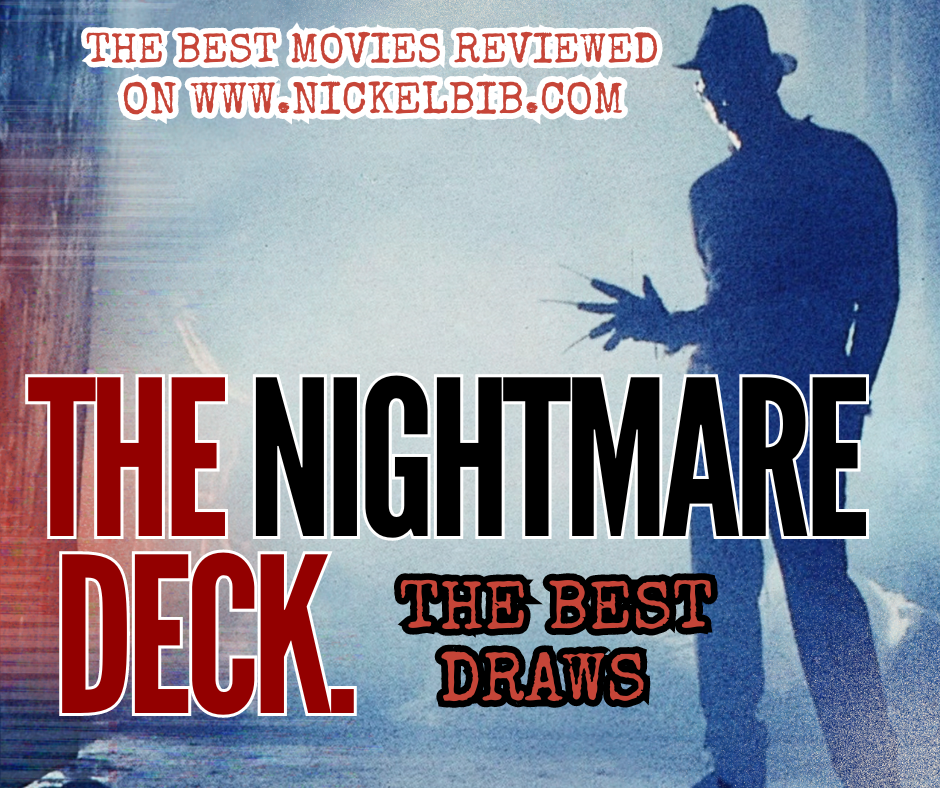Thus far with my reviews, I have not had the best track record with Chinese animation. The last film I talked about, The Monkey King Returns is currently at the bottom of the heap for the List, below the likes of Meet the Feebles and Weedjies: Halloweed Night. That didn’t mean I wasn’t excited for Ne Zha, however. As a matter of fact, I would say I have been in very high anticipation of the film.
For those that don’t pay attention to the worldwide box-office, Ne Zha has been an absolute juggernaut for the Chinese market. The film currently stands as the highest-grossing Chinese animation of all-time (a record it absolutely demolished) and the second highest-grossing Chinese film in-general with over 700 million worldwide. Obviously, financial return doesn’t always translate into a quality feature film, but that doesn’t mean it isn’t cause for celebration to see such large scale enthusiasm in a foreign market.
Like a lot of films that have found success at Chinese box-office, Ne Zha is loosely based on popular Chinese mythology, deriving much of its concept from the classic novel Investiture of the Gods by Xu Zhonglin. Directed by Jiaozi in his feature length debut, the film chronicles the journey of a small child named Ne Zha. Basically, a powerful artifact called a Chaos Pearl is siphoning energies and becoming immensely powerful, and because of its strength, it is unable to be stopped or subdued. In-response, Yuanshi Tianzun (the Lord of Heaven) splits the pearl in half, creating the Spirit Pearl and the Demon Orb. The Demon Orb comes with an added curse where, after three years, it will be destroyed by a lightning strike. The small child Ne Zha is born imbued with the Demon Orb’s power and detriments, meanwhile, the Spirit Pearl is stolen and ends up with the Dragon King.
The story is largely built around Ne Zha and the way that his village perceives him. The villagers cower and fear him from afar, terrifying the strength buried inside of him, and Ne Zha is mistreated as a result. Although Ne Zha is no doubt hurt by how the villagers look at him, excited and giddy at the smallest sign of kindness paid to him, that isn’t to say he doesn’t play the role of an ornery demon. A lot of the humor in the film derives itself from Ne Zha’s terrorizing and playful nature toward the villagers, which sees them hide in terror as he throws them around to his heart’s content.
The humor in this film can be hit or miss on occasion, but I do believe it lands on occasion. This film includes more than its fair share of fart jokes and juvenile humor, but it also includes a level of charm and enthusiasm in its comedy that is worth acknowledgment. The funniest aspects, for me, are from the playful nature of the young child and the clever ways he is able to find the upper-hand against naysayers and opposition.
The action and animation of this film is very solid, and it elevates the film. This is a film that can sometimes look “bad-ass” and cool, and other times, come off as goofy and light heart. The Chinese folklore obviously has a rich tapestry to pull from, and Ne Zha does not hesitate to do exactly that. This is something you don’t see with a lot of Stateside animation. Although a lot of the humor in this film and the storytelling does often resemble the average American animation, ripe with zingers and zany slapstick humor, the animation is creative and inspired enough that it ranks with some of the best animated films that were released last year.
The film juggles a light-heart, comedic component, but also offers a fair helping of action and dramatic flare that creates grandiose pandemonium. The battles between the characters are epic-scale and, at times, a little disheveled, but through the incorporation of solid imagery and humor, it sticks the landing in the end.
Ne Zha isn’t without minor criticism. Every joke that lands is followed by a joke that doesn’t, and the toilet humor might cheapen a film that could otherwise have been a tauter dramatic-comedy like How to Train your Dragon (not suggesting that series doesn’t have occasional comedic choices I disagree with as well, but I believe the balance is better). The action-scenes come off very well and the emotional stands of Ne Zha and the complex he has about himself because of the villagers comes together as well. That said, certain elements like Ne Zha’s relationship with his father and his relationship with Ao Ming can feel a little underdeveloped.
In light of that, I enthusiastically recommend Ne Zha.
The entire reason I went out of my way to review Monkey King was because I wanted to find new storytellers and talented filmmakers in a country I hadn’t scratched the surface on. Although that film may not have checked out all of the boxes, Ne Zha does. N Zha feels like I discovered a solid and different animated film that feels both like it is on a higher-scale and with a world that feels realized and distinct. The film is one of the best animations I have seen from last year and I am excited for the sequel and more from animation in China.





